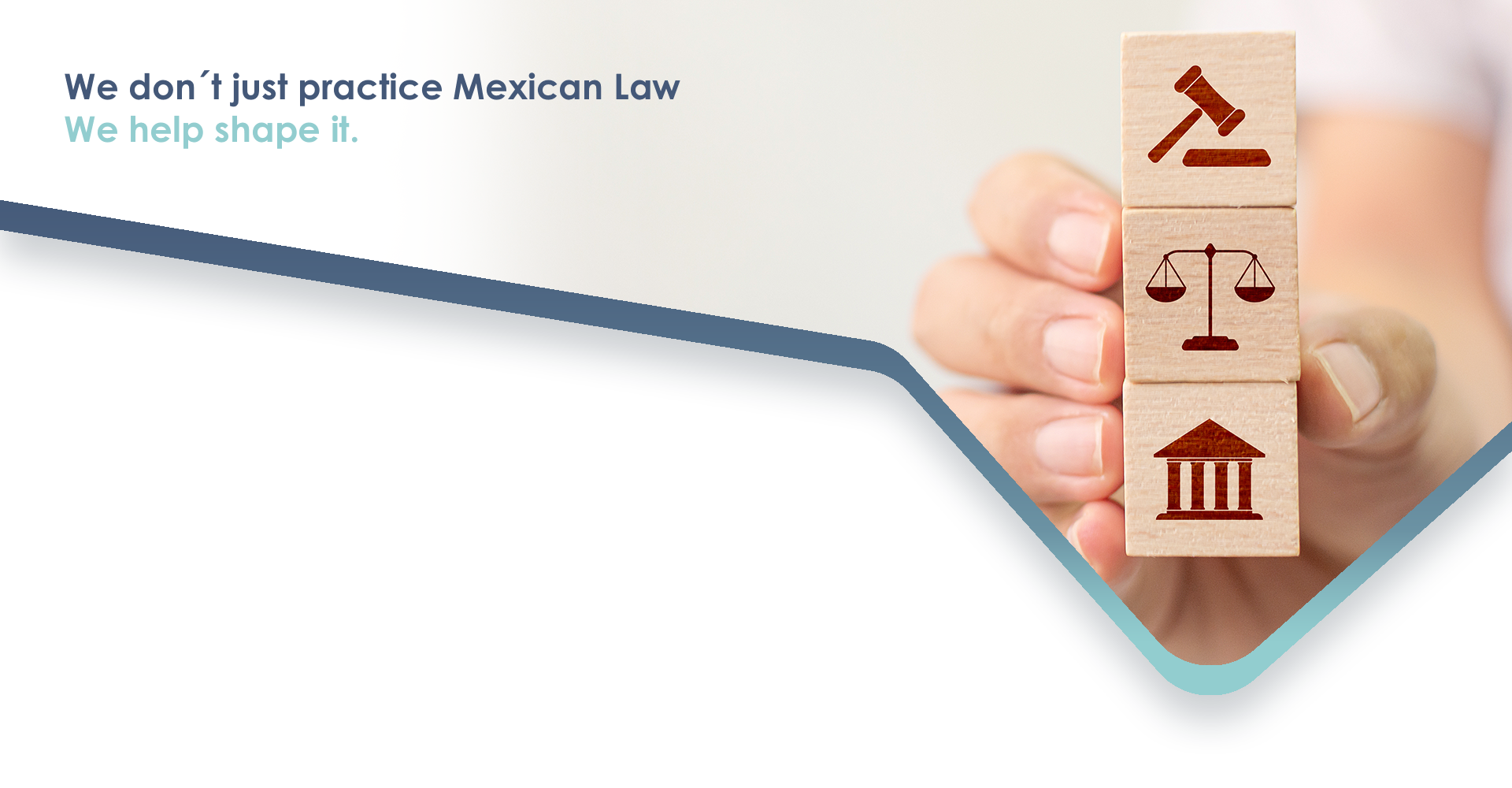
Language:
Press release related to the reforms to the Mexican Copyright Act and the Federal Criminal Code
July 15, 2020
As a result of recent reforms to the Mexican Copyright Act and the Federal Criminal Code regarding copyright offences, enacted on 1 July 2020, the National Human Rights Commission (“CNDH” by its Spanish acronym) issued a press release.
In this press release, the CNDH states that it is currently analyzing whether the aforementioned reforms contravene the human rights recognized in the Constitution. The analysis is being carried out because there has been social discontent, expressed by various civil organizations and activists.
The organizations and activists -in our opinion incorrectly- consider that the protection granted through the implementation of sanctions for those who elude or break technological measures, as well as the “notice and takedown” system incorporated in the reform, violate the human rights of access to culture and promote “private” censorship.
If, once the reforms have been analyzed, the CNDH considers that they effectively violate fundamental rights, an unconstitutionality action will be filed, which will have to be resolved by the Supreme Court of Justice.
We believe that the government, through the CNDH, is trying to address the claims made by some artists, citizens, civil digital rights organizations, and various political actors who disagree with the reforms.
Those who express their disagreement comment, among other things, believe that these reforms will leave internet users in Mexico unequal to other USMCA signatories, and consider that an adequate in-depth analysis was not carried out.
It is mentioned that when the so-called “digital locks” come into force, there will be situations in which these technological measures to protect technological devices cannot be circumvented in order to repair them, so many businesses in Mexico will disappear and end users will suffer as a result.
Similarly, they mention that the reform opens the door to “private” censorship, since any digital content may be removed if a person claims that it is their work and was used without their authorization.
Thus, they fail to consider that the mechanism of “notice and takedown” benefits the authors of the works and the owners of the related rights, and that the removal will not operate arbitrarily, since it must be accompanied by the accreditation of the interest and the rights on the works so that the Internet service provider is obliged to remove it.
It is the opinion of our firm that the present press release is a kind of damage control by the federal government in relation to the mentioned claims and tries, in a populist way, to attend them.
The partners and associates of OLIVARES will actively participate in the monitoring and follow up of the possible unconstitutionality action, the direction of the Supreme Court resolution in case it is presented and we will continue to provide updates in this regard.
Newsletters - Copyrights
- How the Trans-Pacific Partnership Agreement will Affect Copyright and Digital Rights in Mexico February 10, 2016
- Amendment on Declarations of Tangible and Intangible Cultural Heritage November 28, 2025
- New General Law for the Protection of Cultural Heritage of Indigenous and Afro-Mexican Peoples and Communities in Mexico. July 26, 2021
- Update on relevant amendment to Mexican Copyright Law July 7, 2020
- Right of Reply November 6, 2015
- General Law of Libraries (LGB) and the legal interpretations of the resolution by the Supreme Court of Justice (SCJ), related to the “amparos” under review file numbers 132/2022 and 164/2022. July 11, 2022
- Proportionality of website blocking derived from copyright infringements May 13, 2017
- Reforma sobre Declaratorias de Patrimonio Cultural Material e Inmaterial November 28, 2025


